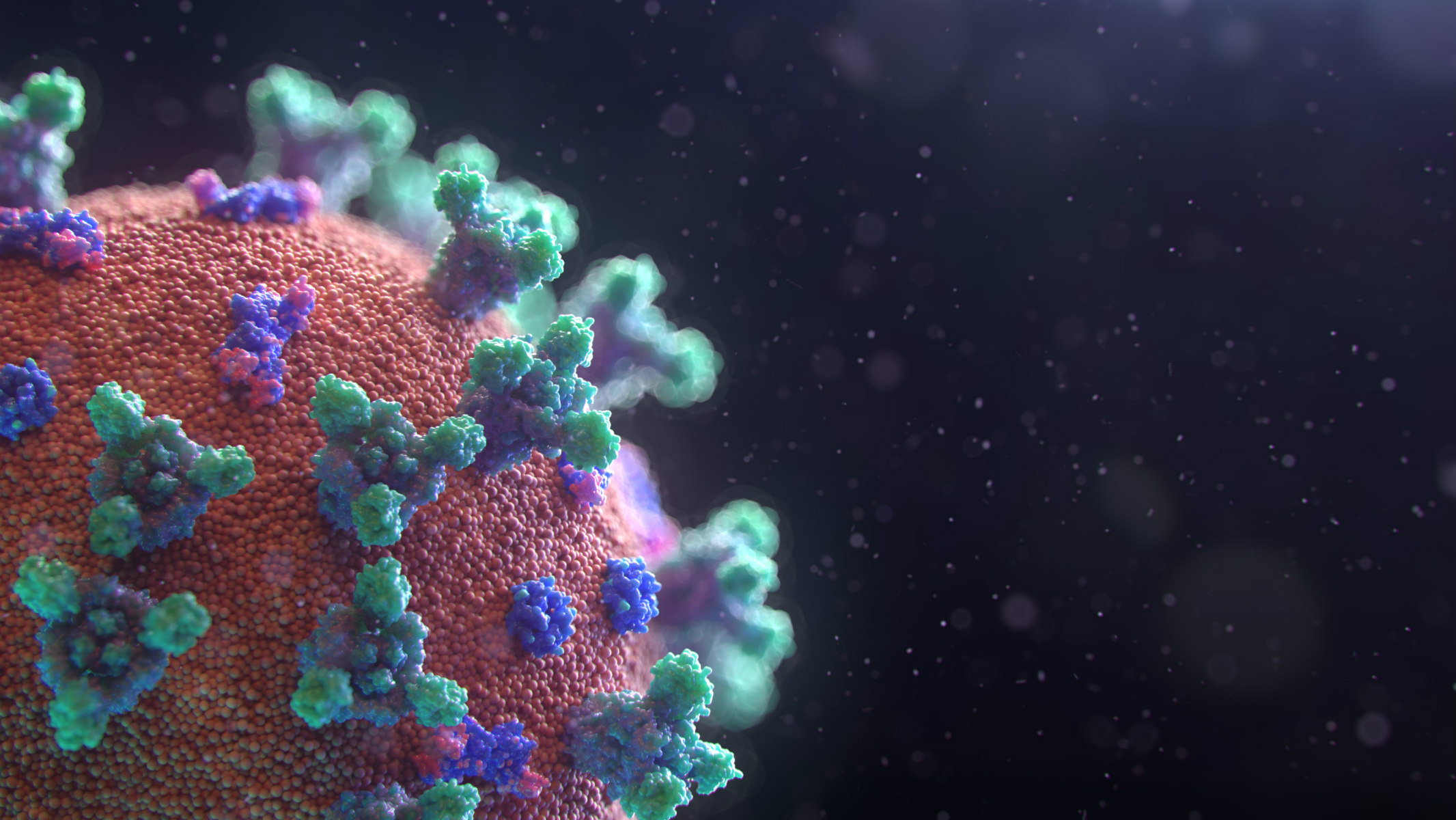For scientists to develop a successful vaccine to fight COVID-19, they must understand the structure of a virus and how it attacks human cells. The National Science Foundation (NSF) recently awarded UMKC researcher Wai-Yim Ching, Ph.D., $199,640 to identify the cell structure of components of the virus. This is the university’s first national grant directly for COVID-19 research.
“In early March, I was reading a paper published in a science magazine about the virus’s structure,” says Ching, who is a Curator’s Distinguished Professor in the College of Arts and Sciences. “I thought I might be able to do some calculations.”
Within two weeks, he had some credible preliminary results. About the same time, NSF made a special call for requests. He submitted his early finding in a five-page proposal that he developed with his assistant, Puja Adhikari, Ph.D., a recent UMKC graduate and postdoctoral fellow.
“Within five weeks, we had a decision,” Ching says. “That’s very fast – and we were very happy.”
Understanding the structure of the virus through large-scale computer modeling will pave the way for highly efficient vaccine development and antiviral drug design, potentially at a lower cost. To identify accurate data on the structure of the virus, Ching will work with Adhikari, undergraduate students and external collaborators.
“The support of the Office of Research Services and Research Support Services was significant. It would have been difficult to submit our request so quickly without them,” Ching says.
Vice Chancellor for Research Chris Liu, Ph.D., says the research targets the structure and properties of a crucial COVID-19 protein using large-scale computational modeling and is exactly the type of research that the UMKC and the upcoming NextGen Data Science and Analytics Innovation Center (dSAIC) are designed to address.
“Dr. Ching will be providing critical data that could advance the development of a COVID-19 vaccine,” Liu says. “We are excited that his research will contribute to unlocking the complexities of the virus’s structure.”
Chancellor Mauli Agrawal sees the NSF’s support of Ching’s research as a harbinger of the growing success of the UMKC research enterprise.
“We are equipped to provide cutting-edge research by analyzing massive amounts of data, thanks to the research infrastructure development including the upcoming dSAIC. The center will continue to meet current and future demands from the public and private sector and develop solutions for our most critical challenges.”
Ching is already immersed in the research.
“This research is very important,” Ching says. “We need to roll up our sleeves and get working. There is no time to waste.”

